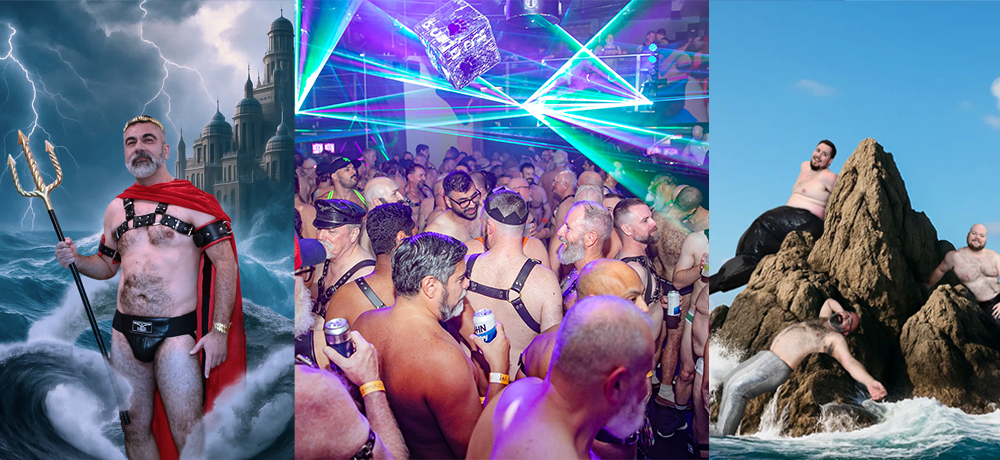
Acceptance at a slower pace
Belgrade-raised Mirko (name substituted), 30, believes the disintegration that began in 1990 from a greater Yugoslav state to independent nations and the Balkans conflict had a profound effect on the acceptance of homosexuality in Serbia.
Serbia was definitely more open when we were a Communist country. Before we were part of Yugoslavia, now we have our own cultural values and our own sense of identity. We went from one extreme to another, he said.
People became more nationalistic and therefore at the same time more homophobic.
In November 1945 Serbia was one of six states to form the Socialist Federal Republic of Yugoslavia. Communist leader Josip Tito’s aim was to foster a united Yugoslav identity over existing ethnic or religious identities.
Four and a half decades later, communism was dismantled, followed by Croatia, Slovenia, Macedonia, Bosnia and Herzegovina proclaiming independence. This sparked further conflict in the Balkans, culminating in the NATO bombings in 1999.
Mirko believes the decade of conflict in the region altered people’s perceptions.
The nation was affected by war. People became frustrated that they couldn’t live normal lives. At the same time people turned to religion, he said.
In this climate of extreme nationalism and a population turning to God for answers, activists endeavoured to organise a Pride parade in Belgrade in 2001. Dozens of activists were injured when confronted by extremists chanting, We do not want gays in Serbia. Long live the Serbian kingdom. With faith in God, for king and kingdom.
Society was afraid of the consequences of the gay parade. A week before the parade, posters were erected inviting people to stop the parade in a brutal way. It was most likely extremists from the church or extreme right-wing organisations inciting violence, Mirko said. Serbians are very proud of their history.
Despite these examples of homophobia, the Serbian population is gradually accepting homosexuality as the country becomes more integrated with the rest of Europe. Homosexuality was legalised in 1994.
Serbian society is slowing accepting Western cultural values. The current pro-European government is opening Serbia towards Europe both economically and culturally.
Mirko believes the Eurovision Song Contest held in Belgrade last year had a significant impact because people were exposed to homosexuality firsthand.
People had the chance to see gay people holding hands. This was also the first chance for tourists to really experience Belgrade.
Serbia secured hosting rights when Marija Å erifovi won in Finland with the ballad Molitva (Prayer) in a performance that was sexually ambiguous. The Government was conscious of the potentially volatile situation and increased police presence at the event.
Openly gay Serb Predrag Azdejkovic said prior to the event, We can only ask our government: please, if you are going to protect gay foreigners, also protect gay Serbs. The foreigners will be here for a week and then leave, but they’ll have a freedom we can only dream of.
Mirko, who has been studying in Sydney for the past three years, left Belgrade with his family in 2001.
Sydney doesn’t have the variety that I expected for such a large gay population. For so many people, there aren’t that many gay venues.









